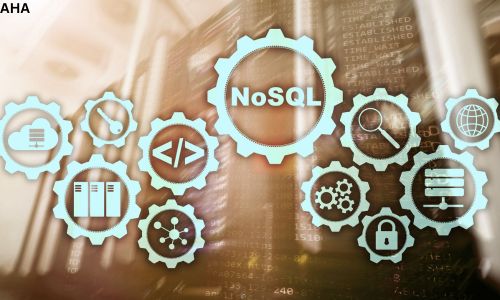Choosing between NoSQL and SQL databases depends on the specific needs of your project. Here’s a breakdown of their strengths and weaknesses to guide your decision:
SQL Databases:
- Structure and Schema: Structured data with a predefined schema (think of it like a blueprint). This schema defines the data types, relationships, and constraints for each data element.
- Strengths:
- Excellent for Relational Data: Ideal for data with inherent relationships, like customer orders with order details or an inventory system with product information and associated sales data.
- ACID Transactions: Ensures data consistency and integrity through Atomicity, Consistency, Isolation, and Durability (ACID) properties.
- Structured Query Language (SQL): Powerful and versatile language for querying, manipulating, and analyzing data.
- Weaknesses:
- Less Flexible for Unstructured Data: Can be cumbersome to handle unstructured or evolving data sets.
- Vertical Scalability: Scaling up (adding more processing power) to a single server can become expensive.
NoSQL Databases:
- Flexibility and Scalability: Offer more flexibility in data structure and excel at handling unstructured, semi-structured, or rapidly changing data. They also tend to scale horizontally by adding more commodity servers to handle increasing data volume.
- Strengths:
- Unstructured and Evolving Data: NoSQL shines when dealing with data that doesn’t fit neatly into a relational model, like social media posts, sensor data, or geospatial information.
- Horizontal Scalability: Easier and more cost-effective to scale as data grows by adding more servers.
- Performance for Specific Use Cases: May offer faster performance for certain queries or data access patterns.
- Weaknesses:
- ACID Transactions (Not Guaranteed by All): Not all NoSQL databases guarantee ACID transactions, which can be crucial for maintaining data consistency in some situations.
- Querying: Query languages may vary and might not be as powerful or versatile as SQL for complex relational queries.
Here’s a simplified guideline to aid your choice:
- Use SQL if:
- Your data has a well-defined structure and strong relationships between entities.
- ACID transactions are essential for maintaining data consistency.
- You need to perform complex relational queries involving multiple tables.
- Use NoSQL if:
- Your data is unstructured, semi-structured, or evolving frequently.
- Scalability to handle massive datasets is a primary concern.
- Performance for specific queries or data access patterns is critical.
Remember: These are general guidelines. Many applications can benefit from a combination of SQL and NoSQL databases, leveraging each technology’s strengths for optimal performance and data management.



